Bonus Insights: Joyce Cruts – VP Supply Chain & Operations, Acer
)
Joyce Cruts is the VP of Supply Chain & Operations for Acer America Corporation. One of her passions is promoting supply chain sustainability initiatives. By reducing non-value-added processes and eliminating redundancies and inefficiencies, she is able to optimize the supply chain for social responsibility, and promote the fiscal health of the company at the same time.
In the years Joyce spent in the reverse logistics industry, she gathered extensive knowledge of the consumer electronic business in local markets and abroad. She is passionate about promoting sustainability and ‘green’ supply chain methodologies to serve a higher level of social responsibility.
DELIVER:
Could you start by talking about this wonderful concept you have of public services as creators of value in the supply chain?
Joyce Cruts:
We began rolling out some of these new concepts in Taiwan and we’re currently working to expand that globally. We're working either with governments or city government entities about, for example, smart parking, to figure out where to be more efficient for parking spots, because it's a problem in dense areas. And another example is how to find technology or software to help governments to support water drainage; to leverage down if you have too much water in one area. Another one is medical software based on AI to support healthcare. And this is all in an exploratory phase.
So far in the schools sector, in the US we are a leader in K-12. We’re also trying to mitigate the technology divide for less developed areas, so that everyone can basically have an affordable device. And then we work with partners to ensure that the apps that they need in schools work. That’s very important, because you can provide teachers with hardware, but if they don't know how to use the software, it doesn't help.
We also have implemented a program whereby high school kids or nonprofit organizations can work with us to get a certificate, so that they become a technician to repair devices.
DELIVER:
How does the idea of an extended lifecycle for electronic devices sit within this current culture of constant consumer desire for something new?
Joyce:
So I have to say, I'm still dealing with repairs on units that are 12 years old. We can say that we really try to prolong the lifetime of the device. And you're right, there is indeed a certain category in the market that will always buy new technology. Then you have a whole group of people that cannot afford it. So if we can prolong the lifetime of those devices, then there's technology for that group to fulfil their requirements.
Does that mean that not everyone will buy a new device? Yes, but then we have to look at how we generate other revenue streams, meaning other devices or smart technology, software, providing services to obtain that kind of ‘cannibalism’ of revenue. So that's the focus, and that's where innovation comes into play.
DELIVER:
What are your thoughts on consumers being able to access spare parts quickly for their devices, such as keyboard parts, instead of having to return the whole unit?
Joyce:
Actually, we challenged our own services too about this. And I cannot say 100% that we don't have the same issue sometimes on certain devices, because for some notebooks, it's hard to replace just one key. So for us, it's more about how you design your product. If in the development stage, they can design the keyboard so you can basically take off a cap and replace it, then we should be able to send the cap to the consumer, and they just replace it at home. And I have to say for certain that for a lot of products, it’s possible.
DELIVER:
Another question we’ve discussed with many of the DELIVER speakers is this idea of where the accountability lies for returns and recycling. Could you speak to that a little bit?
Joyce:
This is a very difficult question we need to answer, because I think the responsibility lies in every single one of us who's in the supply chain, even including the end user. Don’t just drop your electronic item into the waste bin. Return it to places where you can recycle your electronics. That’s step one.
Then on the other side, it's also again how you design your products to reduce waste that can be harmful for the environment. Then work with your partners in the supply chain to get the devices back. So it's not one particular entity who's responsible. I do believe, though, it’s the responsibility of manufacturers to develop products that can be easier to repair, or to reduce the use of chemicals or materials that can be harmful to the environment. But that process is very difficult, it takes time, and there is a cost that comes with it. Then there’s the question of whether the end user is willing to pay for devices that are more environmentally friendly.
DELIVER:
One of the related problems organizations face is how to ’un-silo’ their operations. What is your advice to them about how they can do that?
Joyce:
It is, indeed, very, very hard. The first key element is to have the other departments understand what you're trying to do - get their buy-in, basically - and show results they could support on their side. Because if they see it will make the job either easier or more profitable, they will buy in more quickly, and support the other departments.
So foster teamwork. Make them responsible: you can set certain KPIs not for one team, but where all the teams need to work together. And then it’s also about how you hire people. So for example, one piece of advice l tell my team is that you have a certain role within the company, a certain job description, but that's not where you stop. If you want to truly make a difference within the company, you always have to consider what the other person is doing, or that other team, or the audit department, and you're going to shake hands in the middle, to make the optimized decision for both of you.
They need to enforce this kind of philosophy or mentality, and trickle that down in the organization. And I have to say, it's difficult; it's even more difficult the larger a company becomes, when we see that the left hand doesn't talk to the right. But I think it starts from leadership to really foster that.


